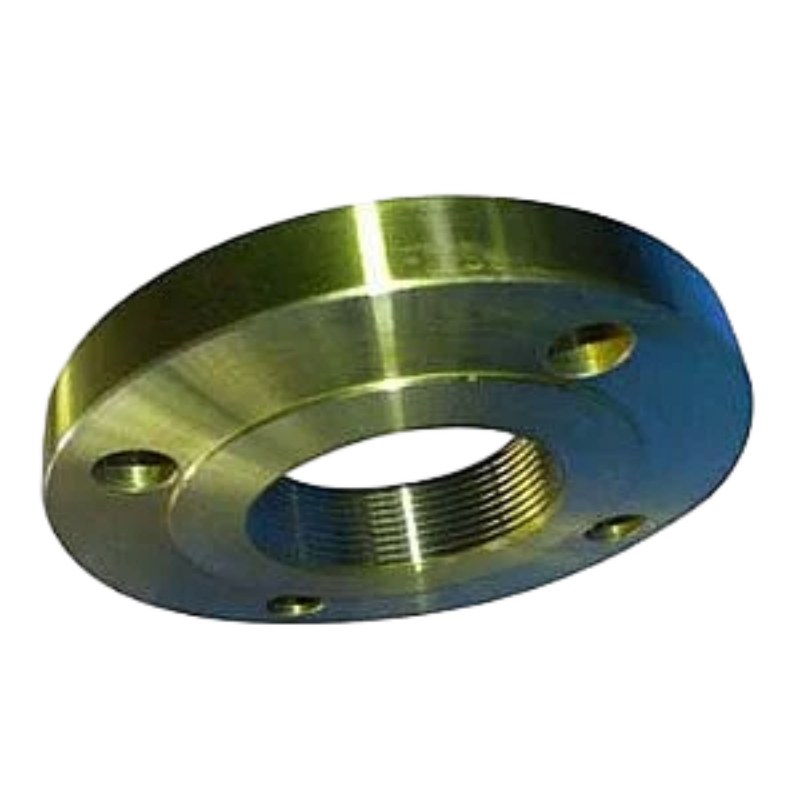-
Cangzhou Yulong Steel Co., Ltd.
-
Phone:
+86 13303177267 -
Email:
admin@ylsteelfittings.com
- English
- Arabic
- Italian
- Spanish
- Portuguese
- German
- kazakh
- Persian
- Greek
- French
- Russian
- Polish
- Thai
- Indonesian
- Vietnamese
- Zulu
- Korean
- Uzbek
- Hindi
- Serbian
- Malay
- Ukrainian
- Gujarati
- Haitian Creole
- hausa
- hawaiian
- Hebrew
- Miao
- Hungarian
- Icelandic
- igbo
- irish
- Japanese
- Javanese
- Kannada
- Khmer
- Rwandese
- Afrikaans
- Albanian
- Amharic
- Armenian
- Azerbaijani
- Basque
- Belarusian
- Bengali
- Bosnian
- Bulgarian
- Catalan
- Cebuano
- China
- China (Taiwan)
- Corsican
- Croatian
- Czech
- Danish
- Esperanto
- Estonian
- Finnish
- Frisian
- Galician
- Georgian
- Kurdish
- Kyrgyz
- Lao
- Latin
- Latvian
- Lithuanian
- Luxembourgish
- Macedonian
- Malgashi
- Malayalam
- Maltese
- Maori
- Marathi
- Mongolian
- Myanmar
- Nepali
- Norwegian
- Norwegian
- Occitan
- Pashto
- Dutch
- Punjabi
- Romanian
- Samoan
- Scottish Gaelic
- Sesotho
- Shona
- Sindhi
- Sinhala
- Slovak
- Slovenian
- Somali
- Sundanese
- Swahili
- Swedish
- Tagalog
- Tajik
- Tamil
- Tatar
- Telugu
- Turkish
- Turkmen
- Urdu
- Uighur
- Welsh
- Bantu
- Yiddish
- Yoruba

Jul . 27, 2024 10:23 Back to list
Exploring the Features and Applications of 2 Inch Blind Flanges in Industrial Settings
Understanding Blind Flanges A Focus on 2-Inch Models
When it comes to piping systems, flanges serve as essential components that allow for the seamless connection of various pipes, valves, and fittings. Among the different types of flanges, the blind flange is particularly noteworthy. This article will delve into the characteristics, uses, and specifications of a 2-inch blind flange—a critical element in various industrial applications.
What is a Blind Flange?
A blind flange is a type of flange that is used to close the end of a piping system. Unlike standard flanges that are designed to connect two pieces of equipment, a blind flange effectively seals the opening of a pipe. This aspect makes it an invaluable component in situations where a line needs to be sealed off temporarily or permanently without undergoing any further modifications.
Blind flanges come in various sizes, and the 2-inch blind flange is a common choice in many applications due to its versatility and effectiveness.
Characteristics of 2-Inch Blind Flanges
The 2-inch blind flange typically features a round shape with a flat surface and is devoid of a central hole. It’s manufactured to industry standards such as ASME B16.5 or ANSI/ASME, ensuring compatibility with other components in the piping system. The key specifications that one should consider while evaluating a 2-inch blind flange include
1. Material Blind flanges can be made from various materials, such as carbon steel, stainless steel, or duplex steel, depending on the application and corrosive conditions of the environment. 2. Pressure Rating The pressure rating, denoted in pounds (e.g., 150, 300, 600), reflects the maximum pressure the flange can withstand. Choosing the right pressure rating is crucial for the safety and integrity of the piping system.
3. Temperature Resistance Depending on the material, 2-inch blind flanges can operate effectively under varying temperature conditions, making them suitable for multiple applications.
4. Surface Finish The surface finish of the flange can affect its sealing capability and resistance to corrosion. Common finishes include smooth, rough, or coated surfaces to suit specific tasks.
Applications of 2-Inch Blind Flanges
blind flange 2 inch

The applications of 2-inch blind flanges are extensive
. They are commonly used in sectors such as- Oil and Gas In oil and gas pipelines, blind flanges are employed to seal off lines that are temporarily out of service or to facilitate maintenance without disrupting the entire system.
- Chemical Processing The robust nature of blind flanges allows them to be used in chemical plants where they can resist corrosive elements.
- Water Supply Systems In municipal or industrial water supply systems, blind flanges help in managing the flow and providing flexibility in system design.
Advantages of Using Blind Flanges
The use of a 2-inch blind flange comes with numerous benefits
- Simplicity They are straightforward to install, thus reducing labor time and costs.
- Sealing Capability Blind flanges provide an excellent sealing solution for pipes, which is crucial in preventing leaks.
- Maintenance Ease In maintenance scenarios, blind flanges enable quick access to the piping system, allowing for inspections and repairs without dismantling the entire setup.
Conclusion
In conclusion, a 2-inch blind flange is a vital component in various industrial and infrastructural applications. Its ability to securely seal off pipes makes it an invaluable tool in ensuring operational safety and efficiency. When selecting a blind flange, it is essential to consider its material, pressure rating, and application to ensure optimal performance. As industries continue to evolve, the importance of such components will only increase, emphasizing the need for quality and reliability in piping solutions.
Latest news
-
ANSI 150P SS304 SO FLANGE
NewsFeb.14,2025
-
ASTM A333GR6 STEEL PIPE
NewsJan.20,2025
-
ANSI B16.5 WELDING NECK FLANGE
NewsJan.15,2026
-
ANSI B16.5 SLIP-ON FLANGE
NewsApr.19,2024
-
SABS 1123 FLANGE
NewsJan.15,2025
-
DIN86044 PLATE FLANGE
NewsApr.19,2024
-
DIN2527 BLIND FLANGE
NewsApr.12,2024
-
JIS B2311 Butt-Welding Fittings LR/SR 45°/90° /180°Seamless/Weld
NewsApr.23,2024











